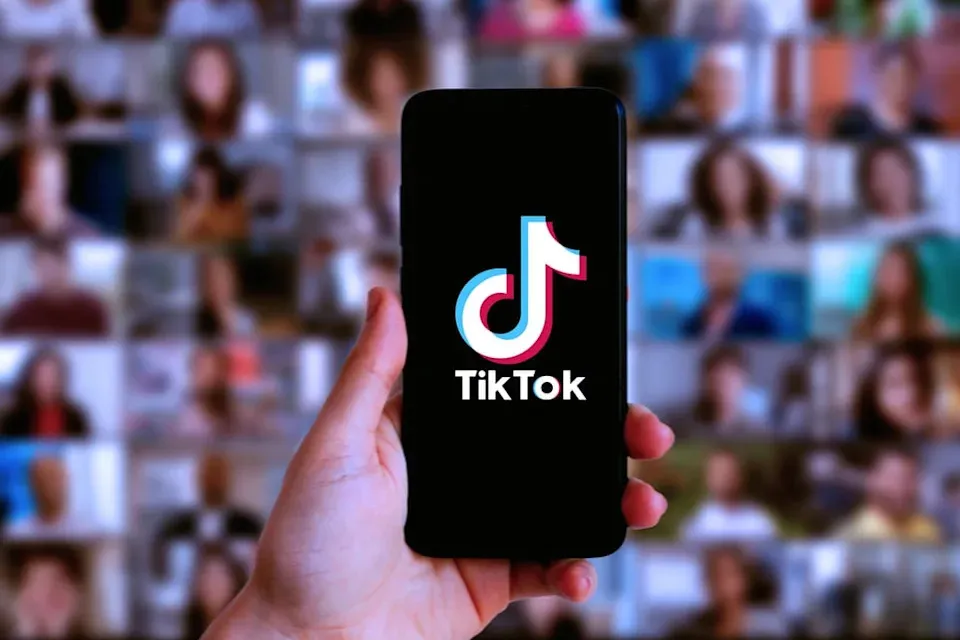Corporate Apologies as a Service: The New PR Gold Rush
From tech firms caught mishandling data to airlines stranding passengers on live streams, today’s crises unfold in real time. Every scandal now demands an apology before it demands a fix. And where there’s demand, there’s an industry. Enter Corporate Apologies as a Service, a booming market for curated contrition.
Companies now outsource remorse the same way they outsource payroll or cybersecurity. PR consultancies, crisis-response firms, and digital agencies sell empathy on retainer. The product is polished regret, crafted, tested, and delivered on schedule.
The Business of Saying Sorry
The global crisis-communications industry is now worth over $15 billion, according to Bloomberg’s 2025 PR Outlook report. A growing share of that revenue comes from “reputation recovery” services, essentially, apology management.
It works like this: a company misbehaves, a backlash begins, and within hours an email arrives from a boutique firm offering to “rebuild trust through authentic narrative alignment.” For a fee, they’ll draft statements, coach executives, and seed sympathetic interviews.
The language is always the same: “We take this matter seriously.” “We are listening.” “We will do better.” These phrases are not apologies; they are linguistic Kevlar, designed to absorb outrage without admitting liability.
The Economist recently called this phenomenon “the industrialization of regret.” Once a moral act, apology has become a commodity traded between lawyers and PR strategists.
And business is booming.
Why Apologies Became Profitable
The BBC found that 78 percent of consumers expect a company to respond to public criticism within 24 hours. But real introspection takes time, and corporations rarely have it. So they fake it.
Apologies are now risk management tools. A well-timed “statement of empathy” can halt a stock slide faster than a dividend announcement. Brands don’t apologize to heal relationships; they apologize to contain exposure.
A 2024 Reuters analysis showed that companies issuing apologies within 48 hours of a crisis saw smaller share-price dips than those that stayed silent. The apology isn’t moral theater, it’s market stabilization.
Sincerity is optional. Timing is everything.
The Script of Contrition
Step one: passive voice. “Mistakes were made.” Responsibility fades into grammar.
Step two: empathy inflation. “We understand how deeply this has affected our community.” Step three: promises of change. “We are committed to learning from this experience.”
And finally, step four: distraction. Within a week, a new product launch or ESG initiative resets the narrative.
Bloomberg data shows that after major scandals, 72 percent of companies pair apologies with announcements of unrelated “positive news.” It’s called offset messaging, the PR equivalent of moral laundering.
Consumers roll their eyes, regulators issue statements, and the news cycle moves on. The company survives. The consultants cash out.
Meet the Professional Apologizers
Crisis coaches charge up to $1,000 an hour to rehearse body language, tone, and eye contact. “Look pained but not panicked,” advises one firm’s leaked manual cited by The Financial Times. “Apologies should evoke gravity, not guilt.”
There are AI-assisted apology generators too, yes, machines that draft synthetic remorse. Agencies test messages with focus groups to find phrases that score highest for “authentic empathy.” The irony is rich: humanity outsourced to algorithms in the name of sincerity.
In 2025, even contrition has a consultant.
The Social Media Theater
On platforms like X and TikTok, companies script public regret as if writing trailers. Music fades in, executives appear in sweaters instead of suits, and captions read “We’re listening.”
A study by Reuters Institute found that video apologies outperform written ones by 40 percent in engagement, but engagement doesn’t mean forgiveness. Most viewers treat them like entertainment. The apology becomes another episode in a brand’s ongoing drama.
Consumers may be cynical, but they still tune in. The spectacle works because outrage demands closure. And in the attention economy, closure is monetizable.
Corporate guilt has never looked so clickable.
When Apologies Backfire
In 2024, a global beverage brand apologized for a controversial ad campaign, only to be exposed for planning the apology in advance as part of a “crisis engagement strategy.” The backlash was twice as severe.
Another example came from a major airline that issued a templated apology after passengers were stranded during a software glitch. Its CEO repeated the same script word-for-word used in a 2022 incident. Bloomberg Businessweek called it “copy-paste contrition.”
These stunts prove what everyone already suspects, that most corporate apologies are prewritten months before the scandal.
When remorse becomes predictable, trust becomes impossible.
The Moral Cost of Mechanized Empathy
The rise of apology outsourcing has a deeper consequence. It detaches accountability from behavior. Companies now treat forgiveness as a subscription service, renewable after every misstep.
The Economist described it best: “Corporations no longer fear wrongdoing; they fear bad messaging.” A bad apology is a business risk. A good one is a strategy.
Real contrition requires discomfort, responsibility, and change. Corporate contrition requires polish, speed, and plausible deniability. The gap between those two worlds is the new moral frontier of capitalism.
What was once human decency is now brand management.
The PR Arms Race
This industry isn’t slowing. Entire agencies now specialize in “preemptive apology frameworks”, training clients to anticipate outrage before it happens.
Bloomberg Intelligence estimates that global spending on “crisis simulation” will hit $5 billion by 2026. Executives rehearse apologies for hypothetical scandals the way pilots rehearse emergencies.
Some companies even partner with psychologists to measure audience empathy levels in real time during press conferences. If viewers seem unconvinced, statements are rewritten overnight.
This is not sincerity, it’s performance analytics. The future of PR isn’t public relations. It’s public repentance.
The Paradox of Forgiveness
Consumers are complicit in this cycle. We demand outrage and then reward apologies that feel “human enough.”
The BBC’s 2025 consumer behavior survey found that 60 percent of respondents said a well-worded apology “positively affects brand perception,” even when they suspect it’s insincere. We like to believe people, and corporations, can change.
But forgiveness without consequence is endorsement. If every crisis can be solved by a hashtag and a 90-second video, accountability becomes optional. The modern apology isn’t the end of misconduct. It’s the start of the next marketing campaign.
Conclusion
Apologies have become the most reliable product of modern capitalism. They cost little, scale infinitely, and generate goodwill faster than any real reform.
Corporations have learned that remorse can be monetized, empathy can be optimized, and forgiveness can be gamified. They no longer need to act responsibly, only convincingly.
The public, meanwhile, has learned to accept the theater. Outrage lasts a day; brand loyalty lasts longer. The apology industrial complex thrives because consumers prefer closure to confrontation.
In the end, “Corporate Apologies as a Service” may be the most honest name in business. It admits what everyone else pretends not to know: that in 2025, the easiest way to profit from a mistake is to look very sorry for making it.





Recent Comments